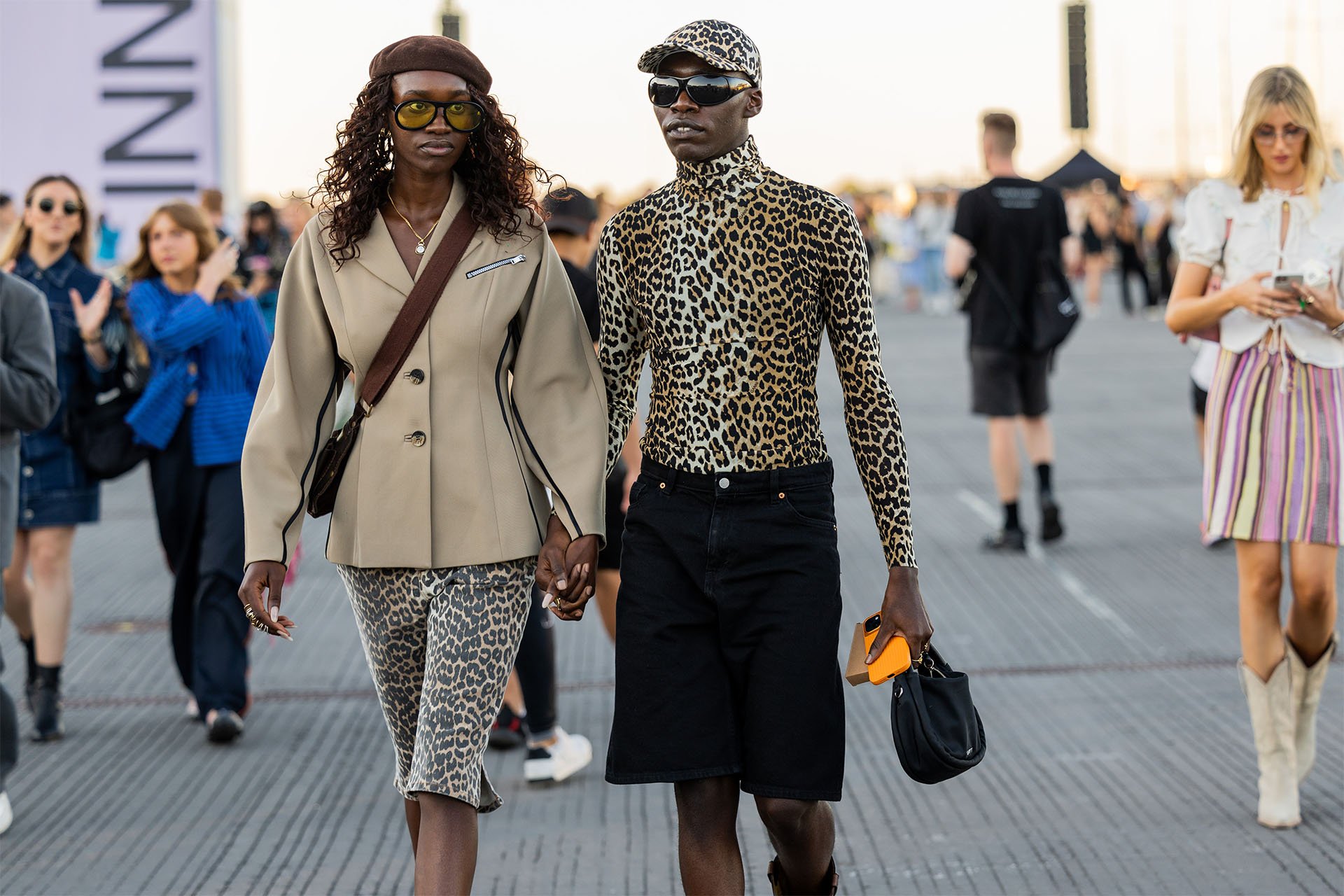
Wild animals used for fashion all endure a short life of objectification and cruelty before a brutal death.
Each year, millions of wild animals suffer through exploitation and slaughter for the profits of fashion brands that have not progressed to more innovative and humane fashion alternatives.
Increasingly, fashion shows and brands are choosing to transition away from cruelty, enacting sustainability, social and animal welfare policies to keep up with growing consumer demand for more sustainable, ethical and animal-friendly fashion.
Melbourne Fashion Week is free from all wildlife materials, following our engagement with its organisers, alongside World Animal Protection. It is the only global fashion week event with such a progressive policy.
Disappointingly, of the four major international shows - London, New York, Milan and Paris - just London has excluded fur, and without an official policy. Even with the lack of action from many of the fashion weeks, fashion brands are implementing their own policies to protect wild animals.
To avoid becoming 'out of fashion', fashion week organisers need to keep up with the brands they exist to celebrate.
Here’s what we’ve achieved together so far:
-

London Fashion Week bans wild animal skins
At the end of 2024 the British Fashion Council announced a ban on all wild animal skins, with a policy Collective Fashion Justice helped to write following our advocacy with World Animal Protection.
Read about the importance of this policy and our founder’s perspective on the Guardian. -

Copenhagen Fashion Week moves to ban all wild animal materials in 2024
Following CPHFW’s 2023 fur ban, we are delighted to have consulted on and helped write this new policy.
No fur, wild animal skins or feathers are permitted, and all brands will receive a resource on animal-derived material risks and alternatives CFJ produced.
(Image: GQ Australia at CPHFW) -

London Fashion Week bans fur in late 2023
Following our consultation, the British Fashion Council implemented a policy banning all fur from London’s runways, considered one of the ‘big four’ fashion week events around the world.
This is an important step forward, and we will continue working with the BFC towards our goal of protecting all wild animals.
-

Melbourne Fashion Week extends its policy to protect all wildlife species
In 2023, we announced at an event and through a joint press release with M/FW and World Animal Protection, that the fashion show’s policy had been updated to include a ban on wild bird feathers.
This is a first of its kind policy, positioning Melbourne as a leader in innovative fashion that protects wildlife. -

The Iconic updates policy to ban all decorative feathers
As of 2024, Australia’s major online fashion retailer will not sell any garments made with decorative feathers, whether from wild or domesticated animals.
This news came following our engagement with the retailer for our report, Feathers are the New Fur, which found feathers mislabelled as faux on the retailer’s website. These have since been removed, and their processes to prevent mislabelling improved upon. -

Copenhagen Fashion Week bans fur from 2023 onwards
After calls from Danish brands, and engagement with World Animal Protection Denmark who shared our report with the organisers, Copenhagen Fashion Week is fur free.
Read all about this positive progress at Vogue Business, where our founding director spoke to sustainability editor Rachel Cernansky. -

City of Sydney's market policy bans all wild animal materials
Following calls from Animal Justice Party MP Emma Hurst, the City of Sydney drafted a policy banning the exhibition and sale of fur and exotic skins in markets.
Following our and World Animal Protection Australia’s calls to extend this policy to include exotic feathers – including ostrich feathers from these farmed birds – the new market policy now bans all wild animal materials. -

ASOS improves product testing process to prevent feathers mislabelled as 'faux'
In our report, Feathers are the New Fur, our investigation found that while ASOS had already banned decorative feathers, the global retailer continued to sell them.
We found a large number of garments labelled as including ‘faux feathers’ which were in fact made with ostrich and other animal feathers.
Our engagement with ASOS has resulted in the improvement of their processes to prevent further mislabelling.
-

Wildlife-friendly fashion celebrated at Melbourne Fashion Week
Melbourne Fashion Week invited Collective Fashion Justice and World Animal Protection to host an event as part of their program, to celebrate wildlife-friendly, animal-free and more sustainable fashion in the industry.
The event saw Melbourne fashion lovers, designers, models and influencers come together to celebrate a kinder future of fashion. -

Melbourne Fashion Week updates their wild animal policy
Following consultation with Collective Fashion Justice and World Animal Protection, Melbourne Fashion Week updated their existing exotics policy to ensure it protected all those wild animals who are exploited for their skins.
This is a very welcome step forward for the show, which we encourage others to follow. -

Australian brands support a wild animal free fashion week in Sydney
Our engagement with Australian fashion brands – including those headlining Sydney’s fashion week – have seen public industry support for a ban on all wild animal exploitation at Afterpay Australian Fashion Week. Supporting brands included Unreal Fur (pictured), Dyspnea, Isabelle Quinn, Asiyam, Remuse, Sans Beast, Katya Komarova and many more.
-

Sydney's fashion week sponsors support end to use of fur and exotic skins
Following our engagement with AfterPay and the City of Sydney, the primary and sustainability sponsors have agreed to continue working with us to ensure 2023’s fashion shows protect wild animals.
AfterPay ensured their 2022 sponsored shows are free from fur and exotic skins, even if an official ban is not yet in place.
In late 2022, the City of Sydney passed a new policy which ensures that no future sponsorships can be provided to events or activities which sell or exhibit wild animal materials.
Wild animals exploited for feathers are least considered by fashion.
In our latest report with World Animal Protection, we explore this issue, and how we can innovate beyond the use of decorative feathers, which result in similarly immense harm and destruction to wildlife and biodiversity as fur and wild animal skin use.

A kinder, more humane, environmentally responsible and safer fashion industry is not only possible but exciting, creative and inevitable.
Collective Fashion Justice and World Animal Protection recommend that all fashion festivals, brands and fashion industry sponsors immediately adopt a policy that bans the use of furs, exotic skin and feathers.
Where these bans cannot be achieved immediately, a clear, public timeline for discontinuing their use should be announced.
The fashion industry must ask itself whether it will be a leader to protect wild animals, biodiversity and the planet, or if it will continue to profit from their harm and destruction.
Please support us as we call for brands and events to implement fur, exotic skins and feather bans.
Contact us to talk about moving away from the exploitation of wild animals, towards more future-friendly materials.
info@collectivefashionjustice.org
Read more about fashion’s exploitation of wild animals:
-

The fur industry
The fur industry will be the first of all cruel industries to fall entirely out of fashion, with bans being put in place by brands, fashion festivals, cities and states.
Learn more about how fur factory-farming and trapping harms fur-bearing animals, industry workers, and the planet we share.
Image: Jo-Anne McArthur // We Animals
-

Zoonotic disease and wild animal exploitation
Harming wild animals is harming us, too. Zoonotic diseases and their spread are exacerbated when we factory-farm, poach and kill animals for the sake of fashion.
If COVID-19 has taught us anything, it is the importance of eliminating the risk of zoonotic disease spread as much as possible.
-

The crocodile skin industry
Australia’s native saltwater crocodiles are suffering, confined to factory-farms until their brutal killing. Luxury fashion brands continue to exploit this ancient species of sentient animals, despite the availability of more ethical and sustainable alternative materials.
Image: Farm Transparency Project
-

The ostrich skin industry
It’s often thought that ostrich feathers are obtained without cruelty – unfortunately, this is not the case.
The feathers that fluff up high fashion wardrobes come from a vicious slaughter industry which treats animals native to Africa as commodities.
-

Snake skin industry
Snakes are both factory-farmed and ripped from their natural habitats for the sake of luxury fashion. Both people in the industry and our shared planet are also harmed.
With more ethical and sustainable alternatives, it’s time for the fashion industry to evolve beyond killing reptiles for fashion.
-

Kangaroo skin industry
Lesser discussed but used all across the sportswear industry, kangaroo skin comes from an unregulated and cruel industry.
Reports find kangaroos to be locally extinct in some cases, in part due to this trade – making up the largest slaughter on land-dwelling animals worldwide.


